
Gaming has transcended its origins as a niche pastime, exploding into a global phenomenon that brings millions together. It’s a place where friendships are forged, epic victories are celebrated, and communities thrive on shared passion. However, beneath this vibrant surface, a “dark underbelly continues to cast a shadow over the industry,” transforming what should be an inclusive space for entertainment into what sometimes feels like a “battlefield of toxicity.”
Recent studies paint a stark picture, revealing that “7 out of 10 gamers have experienced some form of harassment while playing online,” with these numbers sadly on the rise each year. This isn’t just about a bit of competitive banter or a stray “trash talk” anymore. This issue has evolved into a “complex web of discrimination, hate speech, and systematic harassment” that is, quite frankly, driving countless players away from the games they love. From “hostile voice chats to cyberbullying in online matches,” the negative experiences are widespread and deeply impactful.
Understanding why gaming culture can sometimes feel so hostile and, more importantly, what can be done about it, is absolutely crucial for creating a more welcoming digital playground for everyone. We’re going to dive into some of the most common and truly annoying behaviors that plague online gaming, breaking down exactly what they are, how they manifest, the havoc they wreak on other players, and what consequences await those who engage in them. Let’s unmask these behaviors together and figure out how we can all contribute to a better, more respectful gaming world.
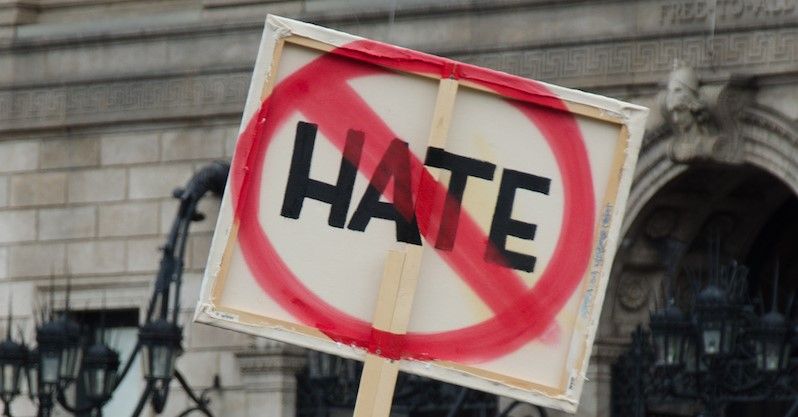
1. **Hate Speech and Slurs**
When we talk about the absolute bottom rung of online behavior, hate speech and slurs are unfortunately a prominent entry. This category encompasses “Racial, homophobic, or gendered slurs in text or voice,” and it’s a direct assault on the dignity and safety of other players. It’s not just about a heated moment; it’s about targeted, deeply offensive language designed to belittle and hurt.
These harmful words can manifest in various ways, from a single, shocking utterance in voice chat to repeated offensive messages in text. The context explicitly states that “One word can trigger an instant mute or suspension in Valorant or Overwatch 2,” which highlights the severity with which game developers view such actions. These aren’t minor infractions; they are serious violations of community standards, recognized by major titles like Valorant, League of Legends, Overwatch 2, CS 2, and Call of Duty, where they are “Most common in.”
The impact of hate speech and slurs is profound and immediate, causing “Immediate psychological harm, match quits, spike in reports” from distressed players. It creates an environment where individuals feel unsafe, unwanted, and targeted simply for who they are. No one should have to endure such abuse while trying to enjoy their hobby, and the lasting effects can extend far beyond a single game session.
Regarding penalties, the consequences are swift and significant. A “First offense can be a 24-hour chat ban,” which serves as a clear warning. However, for those who choose to ignore this warning, “repeat slurs often lead to permanent account bans.” This strict approach underscores the industry’s commitment to eradicating such harmful behavior. If, by some chance, a “filter mis-read another language,” the advice is to “include the match ID and explain the context when contesting a LoL chat suspension,” emphasizing the importance of clear communication in resolving such issues.
Read more about: Beyond the Punchline: 9 Jaw-Dropping ‘Confessions’ from Comedians That Sparked Outrage and Changed Careers Forever

2. **Flaming (Non-Slur Hostile Chat)**
Beyond outright hate speech, another common and equally frustrating behavior is what we call “Flaming.” This isn’t necessarily about slurs, but it’s still about aggressive, often personal attacks leveled against teammates or opponents. It manifests as “Non-slur rage-typing, blame storms, calling teammates “trash” every death or the classic “gg ez”.” Essentially, it’s verbal aggression designed to make others feel bad about their performance or presence.
Flaming is prevalent in many competitive online games, being “Most common in: Dota 2, Overwatch 2, LoL, CS 2.” These are environments where emotions can run high due to the competitive nature, but that’s no excuse for resorting to toxic language. Instead of fostering teamwork or healthy rivalry, flaming injects negativity and resentment into the game, making it a miserable experience for everyone involved.
The impact of flaming extends beyond just hurting feelings. It “Tilts allies,” meaning it makes them play worse due to increased stress and frustration. This, in turn, “increases surrender votes” as players give up on a match that has become unbearable. Moreover, it “lowers behavior score,” which can have wider implications for a player’s standing within the community and even their matchmaking experience in the future. It creates a downward spiral where negativity begets more negativity.
For those who find themselves caught in the trap of flaming, there are pathways to reform and recourse if a ban occurs. A key “Ban appeal tip” suggests to “Point to honor-level drops as your proof of reform,” indicating a commitment to improving behavior. Additionally, promising “muted-chat games” shows a willingness to avoid future incidents. For an Overwatch 2 ban, it’s advised to “enable the game’s built-in profanity filter” when appealing, demonstrating a proactive step towards a cleaner chat environment. These tips highlight that accountability and a genuine desire to change are crucial for redemption.

3. **Violent Threats**
Taking the hostile chat a terrifying step further are violent threats, which represent some of the most alarming forms of toxicity in online gaming. While the context doesn’t detail specific examples of what these threats look like, it unequivocally places them in the “Very high” ban risk category. This signifies that any direct or indirect communication hinting at physical harm to another player is taken with extreme seriousness by game developers and moderators.
The manifestation of violent threats can range from explicit statements of intent to vague, menacing declarations. These threats are not merely words; they are designed to instill fear and psychological distress, turning a recreational activity into a source of genuine anxiety. The sheer potential for real-world impact makes this type of behavior particularly heinous and dangerous, eroding any sense of safety and camaraderie in the gaming community.
The impact on other players is profound and immediate. Victims of violent threats often experience significant psychological distress, fear for their safety, and a complete loss of trust in the online environment. Such behavior can force players to quit matches, abandon games entirely, or even withdraw from online communities, severely limiting their ability to enjoy gaming. It transforms the virtual space into a perceived danger zone, which is antithetical to the purpose of entertainment.
The penalties for issuing violent threats are among the most severe. Given their “Very high” ban risk, players engaging in such behavior can expect swift and definitive action, often resulting in “Permanent account bans.” This zero-tolerance approach is essential for protecting the player base and maintaining a baseline level of safety. There is little room for appeal or leniency when a player’s actions directly threaten the well-being of others, underscoring the critical need for responsible and respectful online conduct.
Read more about: The ’70s Riddle: Unpacking 14 Global Disruptions That Halted Imports at Ports of Entry

4. **Doxxing / Sharing Personal Data**
Doxxing, or the act of sharing someone’s personal information online without their consent, is an incredibly invasive and dangerous form of toxicity. It’s not merely annoying; it crosses a line into real-world harm. The context directly lists “Doxxing / sharing personal data” as a behavior carrying a “Very high” ban risk, indicating its severe implications for player safety and privacy.
This behavior manifests when a player obtains and then publicly reveals sensitive information about another individual, such as their real name, home address, phone number, or workplace. The intent is often to intimidate, harass, or expose the victim to real-world dangers. The text mentions that a “racial slur or doxx attempt triggers an immediate mute, escalating on repeat,” highlighting how quickly and severely platforms react to such a profound breach of privacy and safety.
The impact on other players is catastrophic. Doxxing can lead to “Immediate psychological harm” as victims experience intense fear, anxiety, and a feeling of being unsafe, even in their own homes. It exposes individuals to potential real-world harassment, stalking, and even physical harm, shattering their sense of privacy and security. This behavior not only ruins a player’s gaming experience but can also have long-lasting effects on their personal life and well-being.
Given the extreme severity, the penalties for doxxing are, predictably, very harsh. As stated, it carries a “Very high” ban risk, and an “immediate mute” is often the first step, rapidly “escalating on repeat” to what is almost certainly a “Permanent account ban.” This firm stance is crucial for deterring such dangerous actions and ensuring that online gaming remains a space where personal information is respected and protected. Game developers understand that allowing doxxing would fundamentally undermine the trust and safety of their entire community.
Read more about: The Data Black Market: Unmasking the Cybercrime Rings Fueling a Shadow Economy

5. **Offensive In-Game Names / Clan Tags**
While not as immediately threatening as doxxing or violent threats, using offensive in-game names or clan tags is a pervasive and annoying form of toxicity that pollutes the gaming environment. This behavior is defined by “Usernames, trainer names, guild or clan tags that contain profanity, hate symbols, or impersonate staff.” It’s a constant, visible blight on the game that players are forced to interact with.
These offensive tags can be seen everywhere from player lists and scoreboards to in-game chat, making it impossible to ignore. Whether it’s a name that uses derogatory language, displays symbols of hate, or attempts to trick others by mimicking a developer’s identity, it creates an uncomfortable and unwelcoming atmosphere. This behavior is “Most common in: Pokémon GO, Call of Duty lobbies, Dota 2,” where players often have significant freedom in customizing their public-facing identities.
The impact on other players is multifaceted. Beyond the general annoyance and discomfort, these names can trigger “Auto-filter triggers,” causing chat censors to activate and potentially disrupt communication. They also lead to “instant reports” from players who are rightly offended or concerned. Furthermore, such names pose a significant “brand risk for the studio,” as they can reflect poorly on the game and its developers, making the environment seem unmoderated or even complicit.
Addressing offensive names typically involves a request for the player to change their tag, often under penalty. The “Ban appeal tip” is clear: “Change the name first, then submit a screenshot of the new tag.” This proactive step demonstrates compliance and a willingness to adhere to community standards. The context also notes a specific detail for Pokémon GO, where players “can only change it a limited number of times,” adding an element of consequence to initial choices. These measures aim to clean up the visible aspects of the game and ensure a more respectful public space.
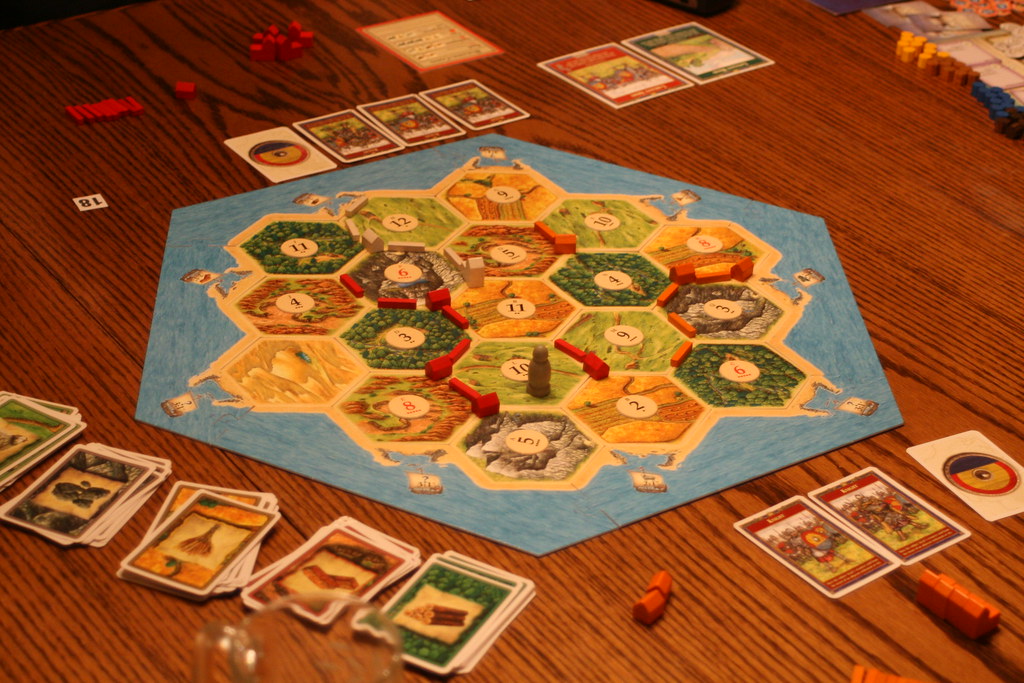
6. **Intentional Feeding / Throwing**.
Moving away from purely verbal offenses, intentional feeding or throwing is a blatant form of in-game sabotage that infuriates teammates and ruins competitive matches. This behavior is succinctly described as “Purposefully dying, running it down mid, or sabotaging objectives.” It’s not about making a mistake; it’s about deliberately undermining your team’s chances of victory, often out of spite or frustration.
This disruptive behavior is “Most common in: League of Legends, Dota 2, Overwatch 2,” titles where team cohesion and objective play are paramount. When a player intentionally feeds, they provide the enemy team with an unfair advantage, gold, or experience, making it incredibly difficult for their own team to compete. “Running it down mid” or purposefully ignoring game objectives are clear signs of a player abandoning the spirit of fair play and actively working against their allies.
The impact on other players is significant and deeply frustrating. For teammates, it “Loses ranked MMR,” negatively affecting their competitive standing and progress. Even worse, it “wastes 20-40 minutes” of everyone’s time, turning what should be an enjoyable or challenging experience into a pointless grind filled with resentment. This deliberate sabotage saps morale and creates a sense of helplessness among those trying to play legitimately.
The penalties for intentional feeding are designed to deter such destructive actions. The context indicates that “Riot often issues 14-day LoL suspensions for first-time throwers,” highlighting the seriousness of the offense in a major competitive title. When appealing a ban for this behavior, the “Ban appeal tip” advises to “Attach match IDs and damage graphs to prove connection issues rather than intent.” This shows that while the behavior is severely punished, there’s an understanding that technical issues can sometimes mimic intentional actions, making documented proof crucial for a successful appeal.
This initial dive into the world of online gaming toxicity reveals a landscape where harmful behaviors, both verbal and in-game, can significantly detract from the experience. From direct attacks like hate speech and violent threats to invasive actions like doxxing, and even deliberate gameplay sabotage, these actions demand attention and a commitment to fostering a more positive environment. The good news is that recognition of these issues is growing, and with it, the efforts to combat them. Our journey continues as we explore more types of toxicity and how the gaming community is fighting back.
Our journey through the murky waters of online gaming toxicity continues, but don’t worry, we’re armed with knowledge to navigate these tricky terrains! In the first part of our unmasking, we tackled some truly egregious behaviors that make any gamer want to hit the mute button and hide under their desk. Now, we’re diving deeper into additional forms of toxicity that disrupt gameplay, sour the experience, and generally make you wonder why some folks even bother logging on if they’re just going to cause chaos.
These next six behaviors often fall under the umbrella of deliberate disruption and unfair play, showing how toxicity isn’t just about what you say, but also what you *do* in a match. We’ll also sneak a peek at how the big brains behind our favorite games, and even us, the players, are fighting back to make our digital playgrounds safer and more fun for everyone. Let’s jump right in and uncover more of those annoying tendencies!
Read more about: Beyond the Bait: Critical Challenges and Concerns That Can Turn Modern Fishing into an Environmental Hazard

7. **Objective Grief (Refusing Payload / Bomb Plant)**
Ever been in a match where victory is literally within your grasp, but a teammate decides to do a little dance on the objective instead of, you know, *securing* it? That, my friends, is objective griefing in its most infuriating form. It’s when players are “Standing on the cart backwards, never planting the spike, stalling match timer,” effectively turning a win into a deliberate loss or a soul-crushing draw. Talk about a buzzkill!
This particular brand of mischief is particularly “Most common in: Overwatch 2, CS 2, Valorant, Team Fortress 2.” These are games where objective control is absolutely everything, and intentionally failing to engage with it isn’t just a mistake, it’s a deliberate act of sabotage. It’s like being in a relay race and your teammate just… stops running with the baton.
The impact of such behavior hits hard. It “Forces draw or loss” for the entire team, and worse, it “wastes match time” for everyone involved. Imagine dedicating a significant chunk of your evening to a competitive game, only to have a single player intentionally squander all that effort. It’s a morale killer, a time thief, and a stark reminder that some players just want to watch the world burn.
If you ever find yourself wrongly accused of objective griefing (perhaps you genuinely miscommunicated a strategy!), a “Ban appeal tip” suggests to “Attach voice-chat clips that show you followed a teammate’s call, and you were not trolling.” For CS 2 players, it’s advised to “bundle that audio with the match ID so agents hear the strat in context.” Proof is always your best friend when trying to clear your name and get back to actually playing the game!
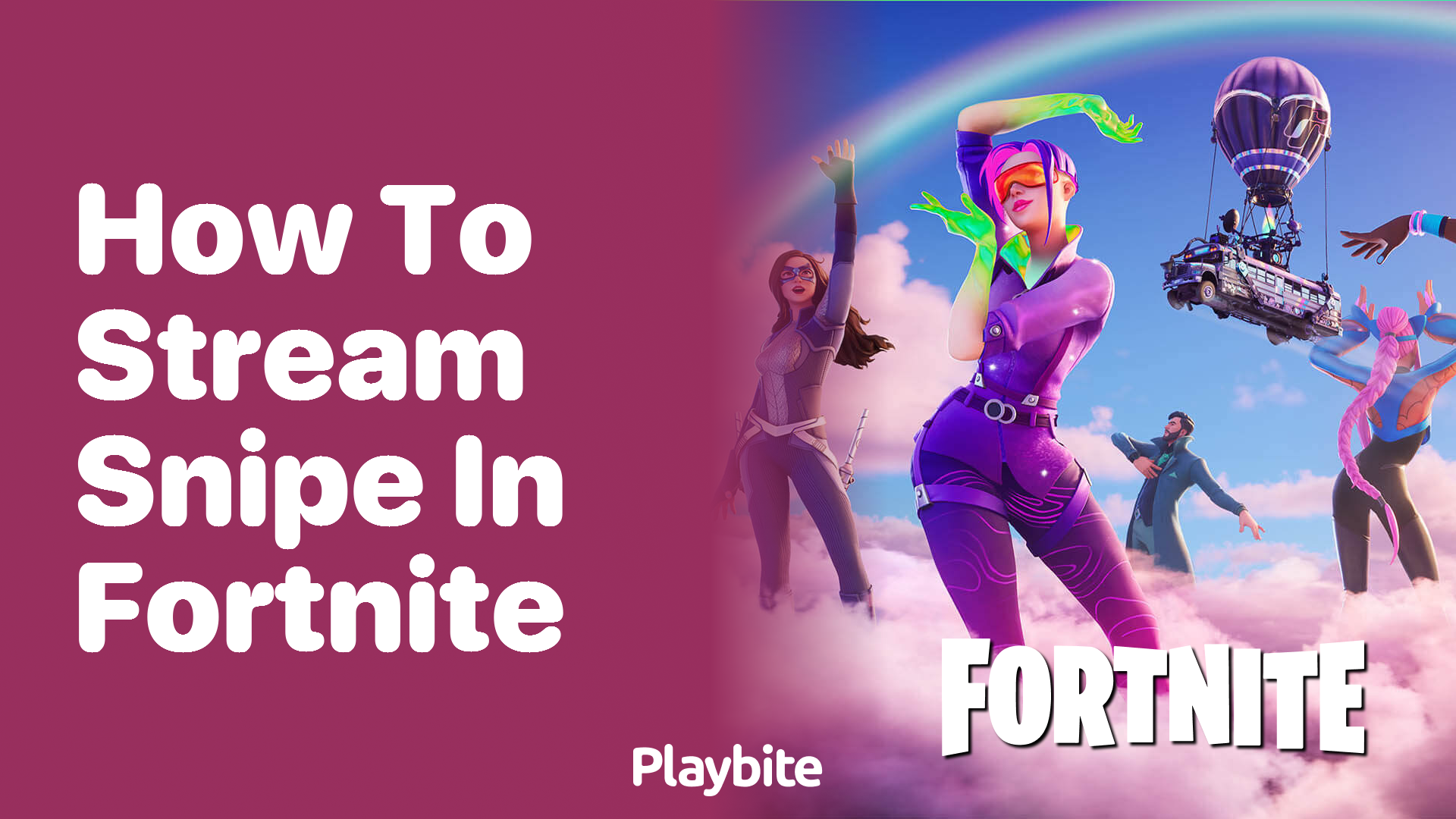
8. **Stream Sniping**
Picture this: you’re a streamer, trying to entertain your audience, immerse yourself in the game, and maybe even pull off some epic plays. Then, suddenly, your opponent seems to know exactly where you are, anticipating every move, almost as if they’re… watching your live feed. Welcome to the infuriating world of stream sniping, where players “Watching a live streamer’s feed to track location, then gank or leak info in chat.” It’s essentially cheating with an audience.
This underhanded tactic is “Most common in: Dead by Daylight, Fortnite, Apex Legends, DayZ, Escape from Tarkov.” These are games where real-time information about an opponent’s location or strategy can provide an enormous, unfair advantage. It totally undermines the competitive spirit and, let’s be real, it’s just plain creepy to have someone stalking your in-game movements via your public broadcast.
The impact of stream sniping is twofold: it “Ruins competitive integrity” by creating an uneven playing field, and it “drives creators off the game.” Streamers invest time and effort into building their communities and content, and consistent stream sniping can make the experience so frustrating and unfair that they simply decide to move on to other titles, or worse, other professions. It’s a direct attack on the livelihoods and enjoyment of content creators.
If you’re ever in the hot seat for alleged stream sniping, the “Ban appeal tip” suggests you “Share your own VOD proving delay on your end, or show you were in a different server shard.” Essentially, you need to prove you couldn’t have possibly seen their feed in real-time or were playing in a completely different context. Always “Follow the evidence checklist in our DayZ ban appeal guide to structure the ticket” for the best chance at success.
Read more about: Beyond the Battlefield: Thrilling FPS Games That Offer a Fresh Challenge for Call of Duty Fans

9. **Teamkilling / Friendly-Fire Grief**
In many team-based games, friendly fire is a feature designed to add a layer of realism and tactical caution. But what happens when “friendly” fire becomes anything but? We’re talking about Teamkilling or Friendly-Fire Grief, which is precisely what it sounds like: “Killing or damaging teammates on purpose to ruin the round.” This isn’t an accident; it’s a deliberate betrayal of your own team.
You’ll often find this destructive behavior “Most common in: Rainbow Six Siege, Rust, Escape from Tarkov, Hardcore CoD playlists.” These are games where a misplaced grenade or a reckless spray can genuinely hurt your allies, making intentional teamkilling a particularly venomous act. It turns what should be a cooperative effort into a battle against your own side.
The consequences for the affected players are immediate and severe. It directly leads to a “Match loss,” “wasted ranking points,” and a massive “report spikes” as infuriated teammates quickly flag the offender. Imagine meticulously planning a strategy, only for your own teammate to take you out before you even get to execute it. It’s disheartening and completely ruins the flow of the game.
For those unfortunate accidental teamkills (because let’s face it, sometimes it just happens!), the game usually implements a short “reverse-friendly-fire timer” as a warning. However, for “genuine accidents,” the “Ban appeal tip” is to “provide the match replay and apologize when trying to get a R6 Siege ban lifted.” Honesty and evidence of an actual mistake are key to avoiding harsher penalties.
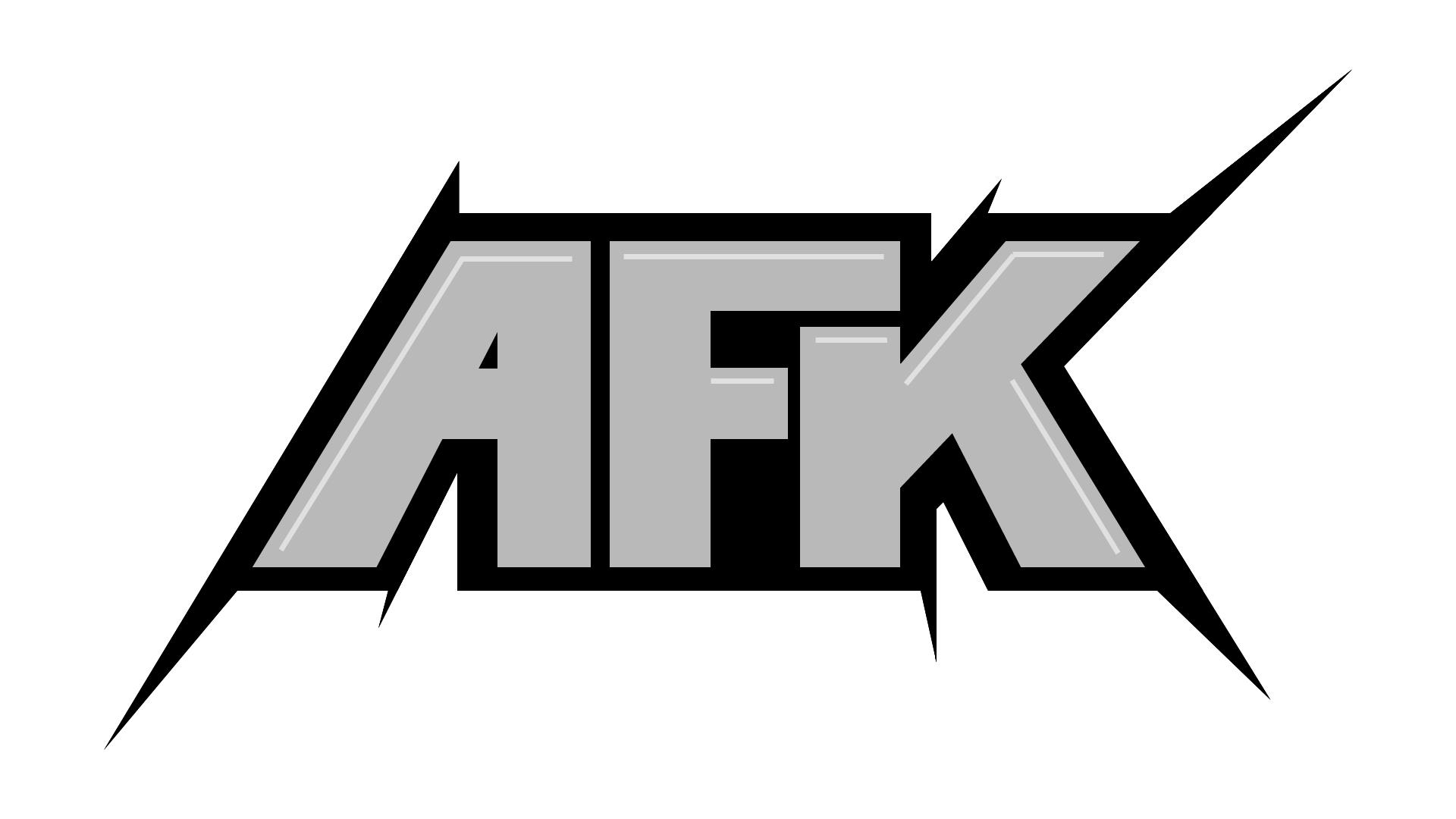
10. **AFK / Rage-Quit**
We’ve all had those moments where a match starts badly, or we make a silly mistake, and the urge to just… walk away… is incredibly strong. But when that urge becomes an action, we enter the realm of AFK (Away From Keyboard) or Rage-Quit behavior, defined as “Leaving or idling after a bad start.” It’s basically giving up on your team, leaving them in the lurch.
This behavior is unfortunately “Most common in: Apex Legends, Valorant, Overwatch 2, Rocket League.” These are fast-paced, team-dependent games where every player’s contribution is vital. When one person drops out or goes idle, it creates a massive disadvantage, often making it impossible for the remaining players to win.
The impact on other players is clear: they are “Forced 2-v-3 or bot replacement.” A missing player leaves a gaping hole in team composition, tactics, and overall firepower, turning a challenging but fair fight into an uphill struggle against insurmountable odds. It’s frustrating, unfair, and sours the experience for those who are trying their best to compete.
If your departure was genuinely due to technical issues, rather than a fit of rage, the “Ban appeal tip” is to “Bundle PingPlotter traces and crash dumps to prove a disconnect, then ask support to roll back the cooldown.” Proving it was a tech fault and not deliberate is crucial. Our Apex Legends unban guide can even walk you through “the exact Easy Anti-Cheat log and match-ID files they request” to help you out.

11. **Mic Spam / Music Bots**
Voice chat is an incredible tool for team coordination and social connection in online games. But sometimes, it morphs into a chaotic mess thanks to “Mic Spam / Music Bots,” where players engage in “Open-mic blasting music, soundboards, or high-gain background noise that drowns team comms.” It’s like having a concert in your ear while trying to strategize, and trust us, it’s not the good kind of concert.
This auditory assault is “Most common in: Rust, Escape from Tarkov, Call of Duty voice chat.” These environments often feature intense moments where clear communication is the difference between victory and defeat (or survival and getting looted). When your comms are clogged with deafening music or annoying sound effects, it’s impossible to hear enemy footsteps, call out positions, or warn teammates.
The immediate impact on other players is that it “Forces mass mutes, tilts teammates, spikes report counts.” No one wants to play with a DJ wannabe drowning out critical game sounds, leading to players muting the offender, becoming frustrated (“tilted”), and, rightly so, reporting them. It creates an unnecessary barrier to teamwork and enjoyment.
If you find yourself facing a ban for mic spam, perhaps due to a faulty microphone or misunderstanding, the “Ban appeal tip” is to “Provide a fresh DxDiag audio report, show push-to-talk enabled, and link a short clean-mic test.” Demonstrating that your setup is working correctly and you’re using proper communication etiquette can go a long way. Our Rust ban appeal guide can even provide a list of “the files Facepunch asks for.”
Read more about: Your Essential AI Playbook: 15 Rules for Navigating ChatGPT Safely and Smartly
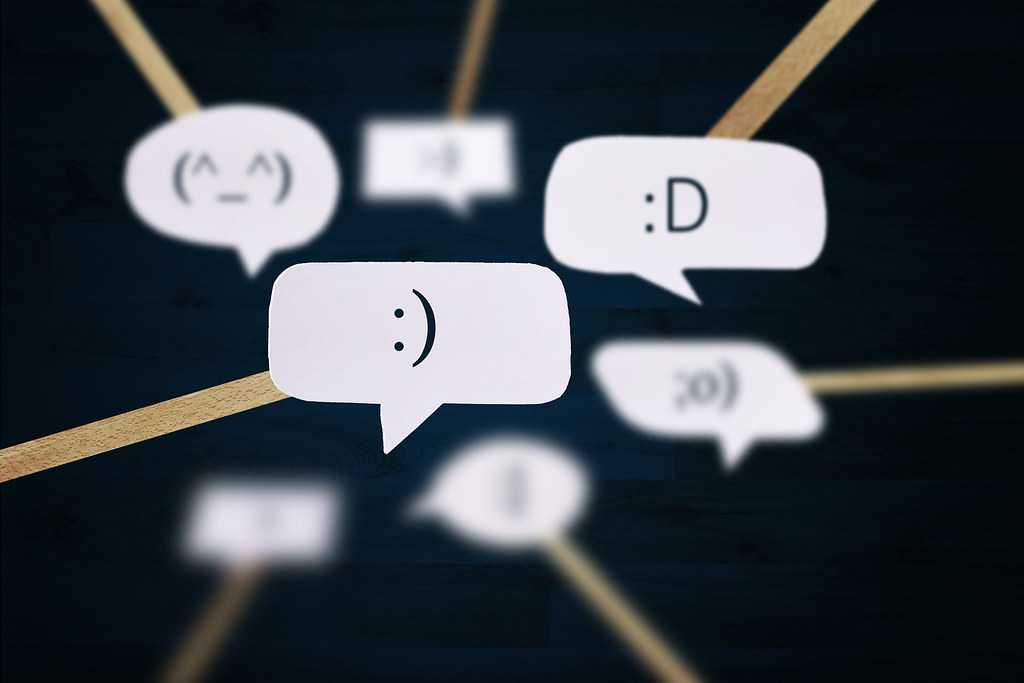
12. **Excessive Ping or Chat Spam**
In the heat of the moment, a well-placed ping can be a game-changer, alerting teammates to danger or an objective. But there’s a fine line between helpful communication and pure chaos, and “Excessive Ping or Chat Spam” definitely crosses it. This behavior involves “Holding the ping wheel or macro spamming “Help!” every second,” turning crucial alerts into maddening noise.
This digital clutter is “Most common in: League of Legends, Call of Duty, Apex Legends,” games where quick, precise pings are essential. When someone decides to flood the screen and audio with a constant barrage of alerts, it ceases to be informative and becomes a giant, flashing “LOOK AT ME, I’M ANNOYING” sign.
The impact on other players is primarily “Audio/visual clutter” and sheer “distraction.” Imagine trying to focus on a tense firefight while your screen is constantly flashing “ENEMY HERE!” or your ears are ringing with an incessant “HELP! HELP! HELP!” It disrupts concentration, masks important game cues, and adds unnecessary stress to an already competitive environment.
For those accidental spam incidents, perhaps from a stuck key or an overzealous macro, the good news is that “The first strike is usually a short chat restriction.” When appealing, the “Ban appeal tip” is to “Turn down macro repeat rates, take a settings screenshot, and ask support to review the mute length.” If you’re appealing a CoD ban, “include that screenshot plus the match ID so Activision can verify the spam came from a stuck macro, not deliberate griefing.” It’s all about proving intent – or lack thereof!
Phew! We’ve navigated through the intricate maze of online gaming toxicity, uncovering twelve distinct behaviors that can really put a damper on our digital adventures. From outright hate speech to subtle forms of sabotage, it’s clear that the landscape of online interactions is as complex as the games themselves. But here’s the exciting part: knowing is half the battle, and the gaming world isn’t just shrugging its shoulders!
Read more about: Your Guide to Military-Grade Gear: 16 Indispensable Surplus Items Civilians Can Purchase
Game developers, community leaders, and even individual players are actively working to turn the tide. We’re seeing automated detection tools that are getting smarter every day, reputation systems that reward positive behavior, and a growing emphasis on education and awareness campaigns. The goal isn’t just to punish the bad apples, but to cultivate a vibrant, inclusive garden where everyone can thrive. So, next time you log in, remember that every positive interaction, every helpful ping, and every moment of good sportsmanship is a seed planted for a better, brighter, and much less annoying gaming future. Let’s make our online worlds legendary for all the right reasons!.



